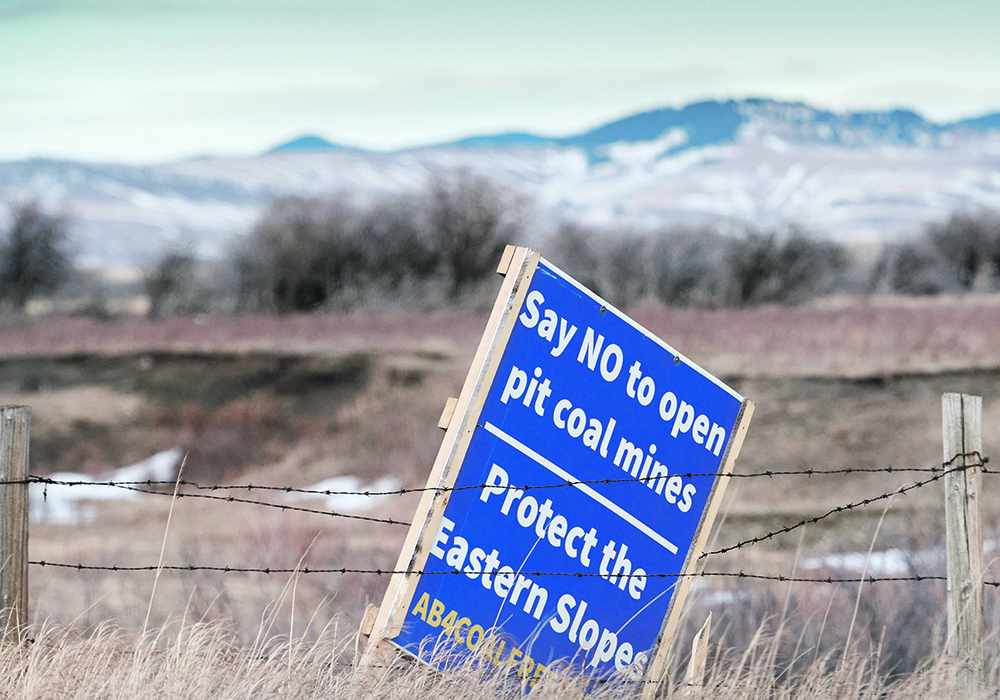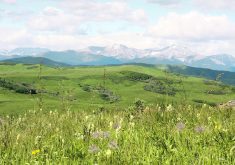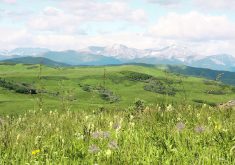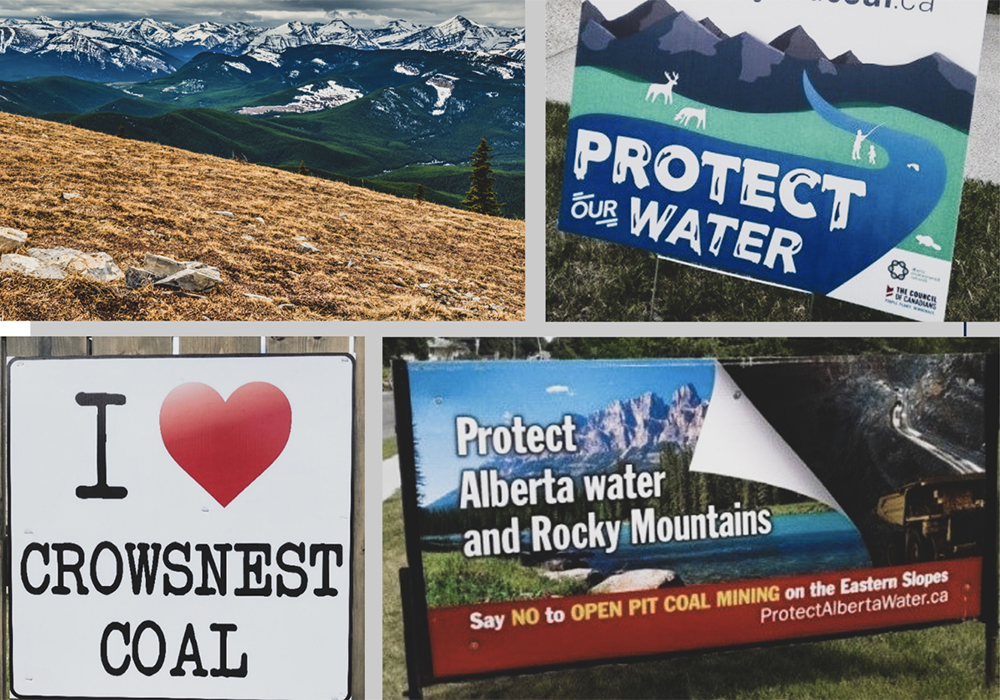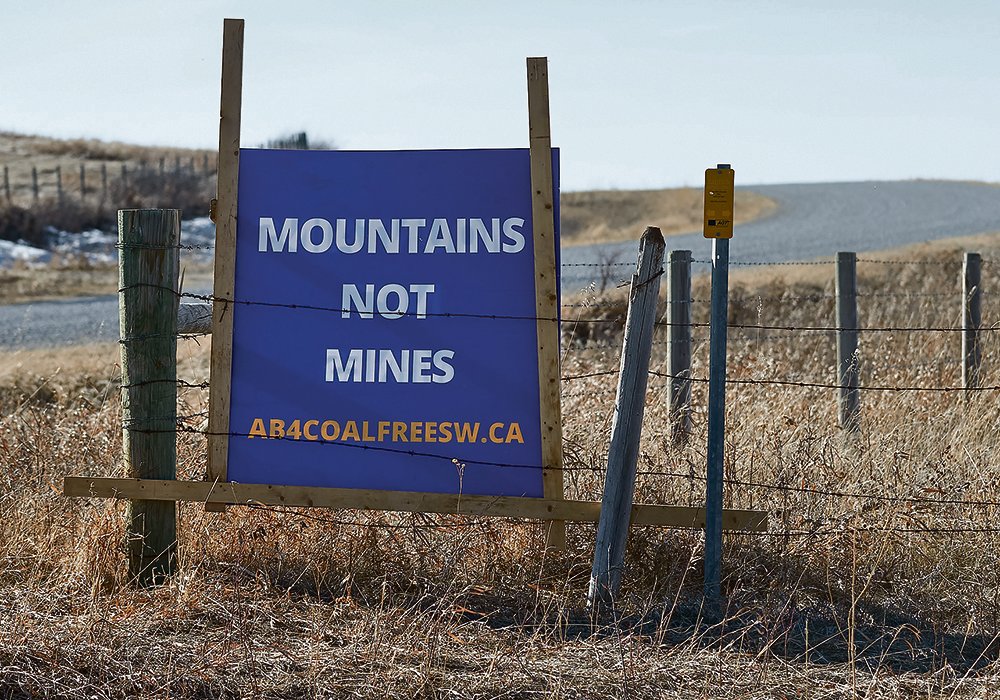Private member’s bill would have toughened recent ministerial order restricting new development on the Eastern Slopes
A private member’s bill by the opposition Alberta NDP aimed at ensuring new coal development is prevented in the province’s Rocky Mountains was blocked and killed after government members of a legislature committee voted against it.
“A stroke of the pen by a government that Albertans don’t trust is what protects the Eastern Slopes right now and frankly, that is not enough,” NDP leader Rachel Notley told the standing committee on private bills and private members’ public bills.
She was referring to a ministerial order announced March 4 by Energy Minister Sonya Savage. It restricts new coal exploration and development within Alberta’s side of the mountains until land-use planning is completed for areas in the region, a process expected to take years.
Read Also

Saskatchewan throne speech promises strong economy
Saskatchewan’s legislative agenda for the coming year will focus on meeting the challenges of new world trading relationships, said the speech from the throne.
Notley said the order is not legislation and can be rescinded without notice to the public without consultation or discussion and also allows several new mining projects to proceed.
However, as a member of the governing United Conservative Party (UCP) and the MLA for Banff-Kananaskis, Miranda Rosin told the committee the bill was redundant because it mirrors what is in the order. She said she was confident the provincial government’s current measures will actually go further than the bill in protecting the Eastern Slopes once land-use planning involving public consultation is finalized.
“And I think it’s important to put on the record as well that we’re not dealing with the Wild West here in Alberta.”
She pointed to past approval processes for coal projects involving regulators at the provincial and federal levels that have lasted as long as a decade.
Savage said on March 4 that four projects will be allowed to continue through the regulatory process: Grassy Mountain and Tent Mountain in the Crowsnest Pass, Vista near Hinton, and Mine 14 near Grande Cache. She said the provincial government will not put Albertans out of work by endangering existing operational mines or proposed projects that are in an advanced process.
The provincial government in 2020 rescinded a coal policy dating back to 1976. The move opened up much of the Eastern Slopes to potential open-pit coal mining and was made without public consultation.
The policy was reinstated last year after widespread opposition over concerns of water allocation, as well as contamination due to potentially toxic levels of selenium from coal mining.
The committee unanimously voted in favour of further debate in the legislature for the proposed private member’s bill when it was introduced last year. However, after it was reintroduced this year, six UCP members of the committee on March 22 voted against allowing it to proceed.
Chris Nielsen, NDP MLA for Edmonton-Decore, told the committee he was confused about why the UCP members decided against the proposed legislation, which was known as Bill 201 or the Eastern Slopes Protection Act.
Rosin said the change was due to the release March 4 of the final report of an independent coal policy committee that gathered public input last year.
“And the government has already made a commitment to implement the recommendations of that report, not just the ministerial order, but to make them permanent once the land-use planning is complete… I just see this bill now as redundant.”
However, Nielsen said there is no language in the order that prevents Savage from rescinding it.
If water in the Eastern Slopes is contaminated by coal mining, “that’s it; it’s done,” putting people such as producers at risk, he said. The region contains the sources of the Saskatchewan River system, which supplies water for much of the Prairies.
As someone who was born in Sparwood, B.C., NDP Agriculture Critic Heather Sweet said it is important to understand the impact of selenium from open-pit coal mining in that province’s Elk Valley on everything from the environment to the tourism industry.
It occurred despite monitoring, causing Teck Coal Ltd. to be levied a record $60 million in federal fines last year.
“So, my question would be — to follow up on the comments that were just made — is instead of reacting to what could potentially be very devastating for our economy in Alberta, what is going to ensure that we don’t have a similar scenario that happened with Teck (Coal) in Elk Valley?”


